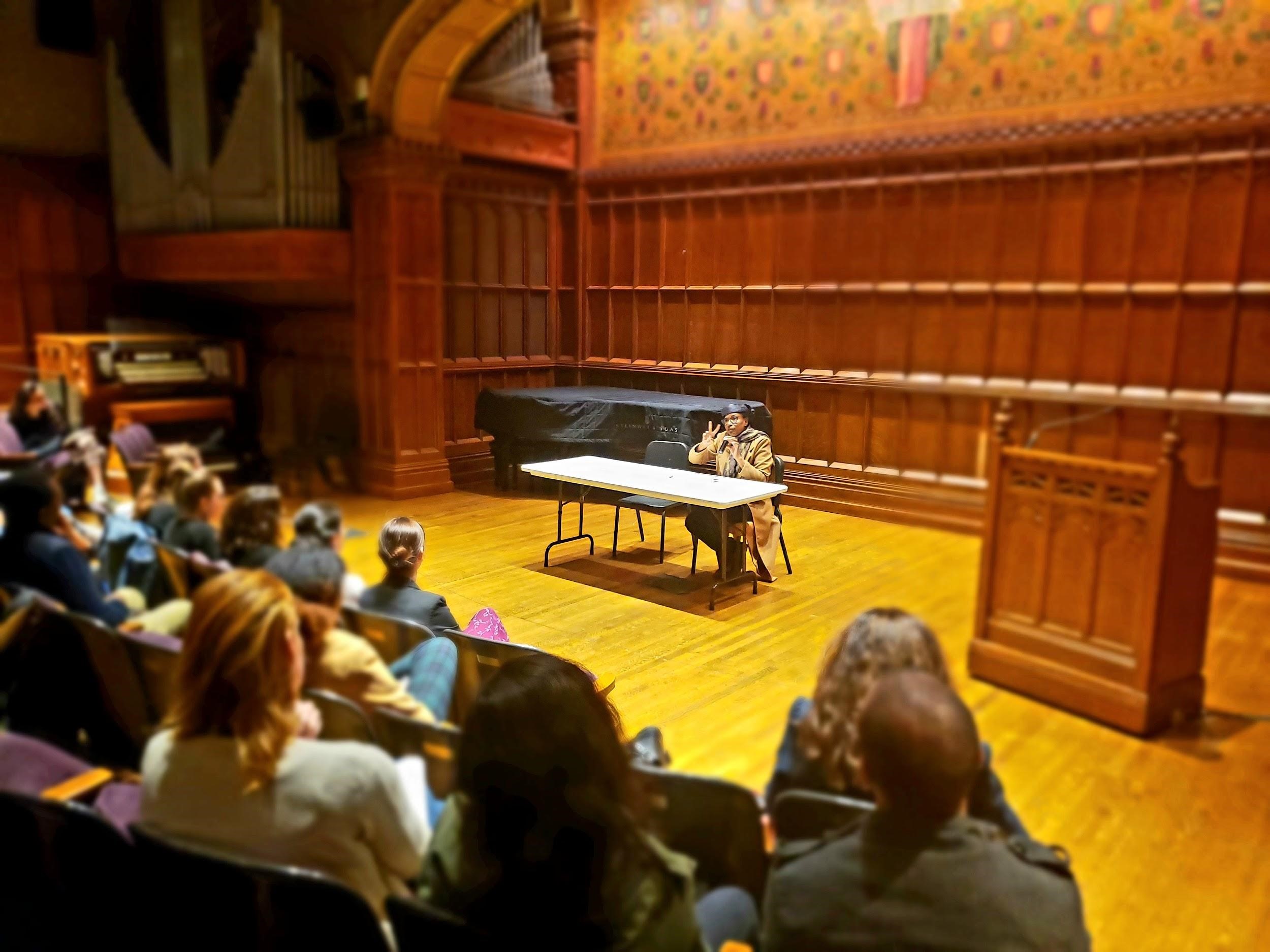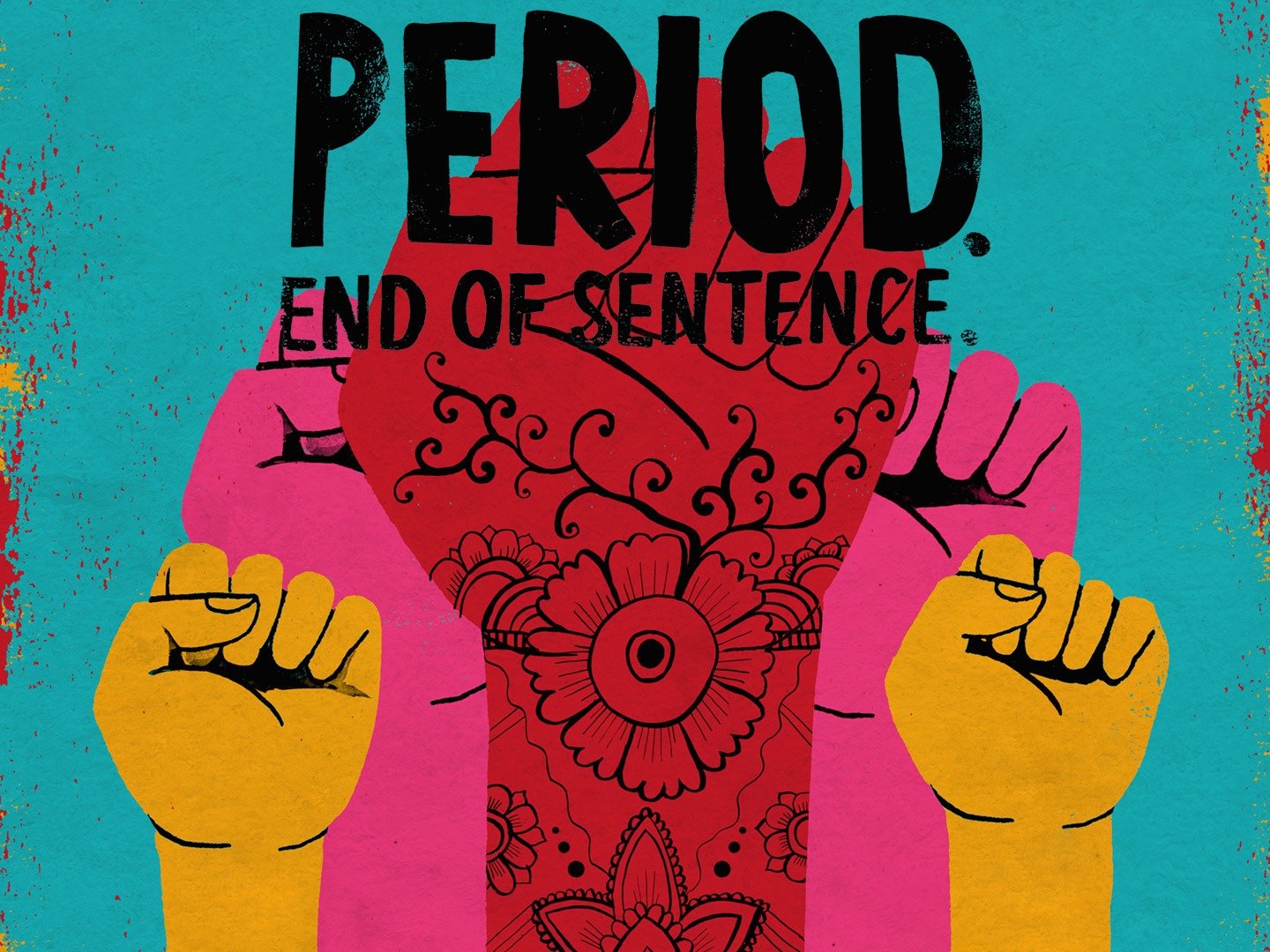
Classrooms and Curricula: the Role of the Right to Education in the Prevention of Mass Atrocities
By: Nay Alhelou, RightsViews Co-editor
In her first talk in an academic setting in the USA while serving in her current capacity, the UN Special Rapporteur on the Right to Education, Dr. Kombou Boly Barry, highlighted how education could help prevent mass atrocities. On October 15, she addressed students, teachers, and fellows at Columbia University and discussed the report she presented three days later to the United Nations.
Dr. Boly Barry was appointed by the UN Human Rights Council in 2016 to examine the right to education as an independent expert. She is mandated to conduct country visits, respond to allegations of violations of the right to education and promoting dialogue with governments, civil society and other actors.
According to the Special Rapporteur, schools can either be the space where intolerance is harnessed or where tolerance is promoted. In favor of the former, she remarked: “In a world where everybody is afraid of everybody else… education should be used as a tool to...

